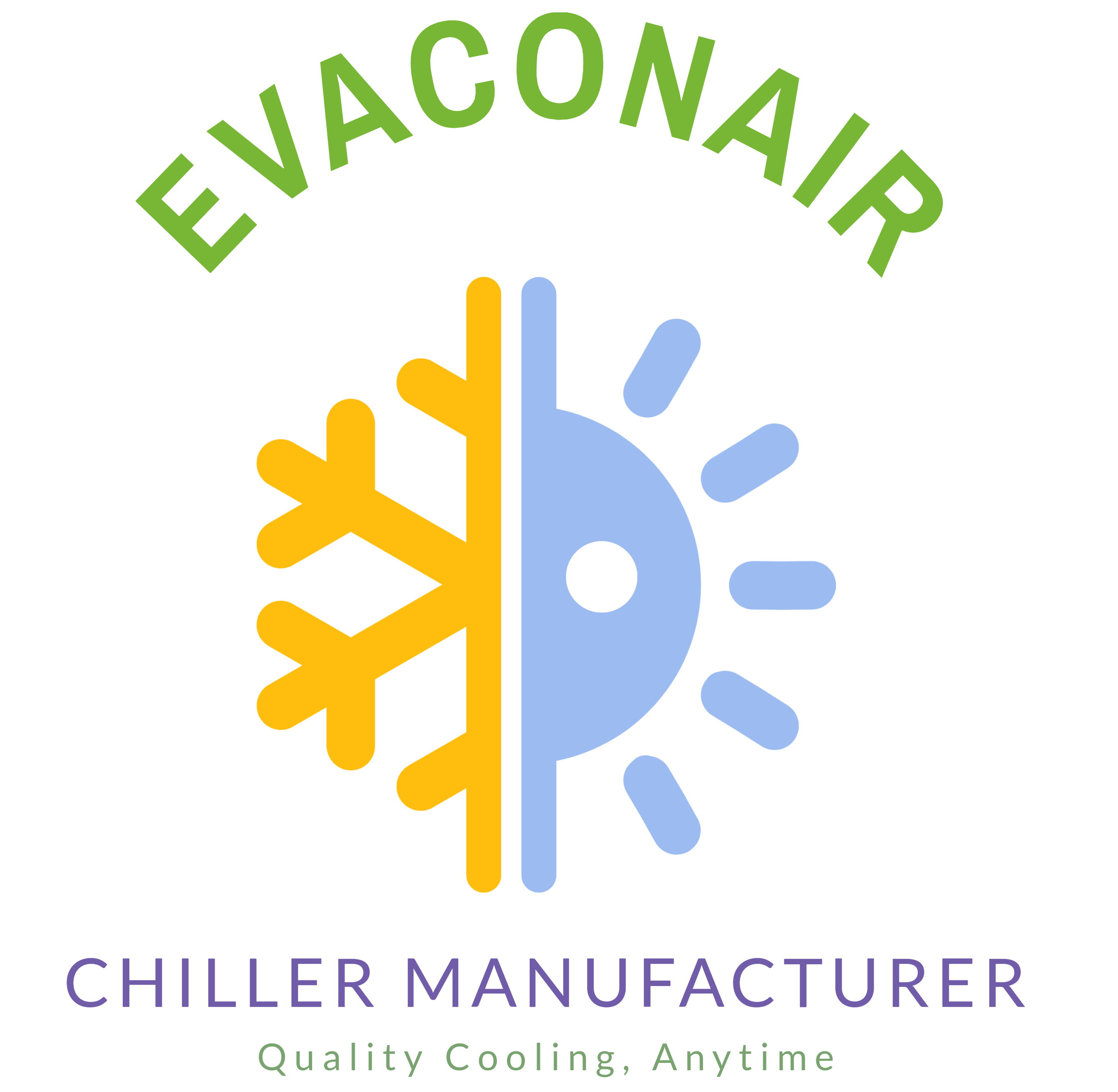Blog
What is a chiller vs HVAC?
Chillers and HVAC systems are both critical components in maintaining comfortable and controlled environments in buildings and industrial settings, but they serve different functions within these systems. Understanding the differences between chillers and HVAC systems is essential for selecting the right equipment for your specific cooling and climate control needs.
What is a Chiller?
A chiller is a device used to remove heat from a liquid, which is then circulated through a heat exchanger to cool equipment, processes, or air in a building. Chillers are an integral part of many industrial and commercial cooling systems.
- Function: Chillers cool water or other liquids, which are then circulated through a building or industrial process to remove heat. The cooled liquid absorbs heat, which the chiller then removes from the system.
- Applications: Chillers are commonly used in large-scale HVAC systems, industrial processes, and manufacturing facilities. For instance, an Air-Cooled Water Chiller might be used to cool an entire office building, while a Water Cooled Screw Chiller could be used in a factory to maintain optimal operating temperatures for machinery.
- Types: Chillers can be air-cooled or water-cooled. Air-Cooled Screw Chillers are typically used where water is scarce or for outdoor installations, while Water Cooled Water Chillers are more efficient and used in large-scale applications with access to cooling towers.
What is HVAC?
HVAC stands for Heating, Ventilation, and Air Conditioning. An HVAC system is a broader term that encompasses all systems used to regulate the temperature, humidity, and air quality in a building.
- Function: HVAC systems control the climate inside buildings by heating, cooling, and ventilating the air. They maintain indoor air quality and provide thermal comfort to occupants.
- Components: An HVAC system includes multiple components like furnaces, air conditioners, ductwork, air handlers, and in many cases, chillers. The system may also include auxiliary devices such as Dehumidifiers, Volumetric Feeders, and Gravimetric Blenders to further control indoor environments.
- Applications: HVAC systems are used in residential, commercial, and industrial buildings. They are essential for maintaining comfortable living and working conditions in offices, homes, schools, hospitals, and factories.
Key Differences Between Chillers and HVAC Systems
1. Scope of Functionality
- Chiller: Specifically designed to cool liquids that are then used to cool processes, machinery, or air within a building or industrial setting.
- HVAC: A comprehensive system that provides heating, cooling, ventilation, and air conditioning, encompassing a broader range of functions, including the operation of chillers as one component.
2. Component Integration
- Chiller: Often serves as a component within an HVAC system, particularly in large commercial or industrial setups. For example, a chiller may provide the cooled water needed by an HVAC system to air condition a large space.
- HVAC: Includes the full range of equipment and controls needed to manage the indoor climate, including but not limited to chillers.
3. Applications
- Chiller: Used in applications requiring large-scale cooling, such as manufacturing processes, data centers, and large commercial buildings. Chillers can also be integrated with other systems like Mold Temperature Controllers and Flake Cutters in industrial settings.
- HVAC: Used in any environment where temperature control, air quality, and ventilation are necessary, from small residential units to large industrial complexes.
4. Cooling Method
- Chiller: Cools by circulating chilled liquid, typically water or a water-glycol mixture, through a closed-loop system. The liquid absorbs heat from the environment or processes and then returns to the chiller for cooling.
- HVAC: Utilizes various methods to heat, cool, and ventilate air within a building, which may include air conditioners, heat pumps, and chillers as part of the system.
Conclusion
Chillers and HVAC systems are both essential for controlling temperature and air quality in different environments, but they serve distinct roles. Chillers are specialized systems focused on cooling, often integrated into larger HVAC systems to provide the necessary cooling for air conditioning and industrial processes. HVAC systems, on the other hand, encompass the full range of climate control functions, including heating, ventilation, and air conditioning.
For more information on selecting the right chiller or HVAC components, explore our offerings from leading Chiller Manufacturers in Ahmedabad and Chiller Dealers in Ahmedabad.
